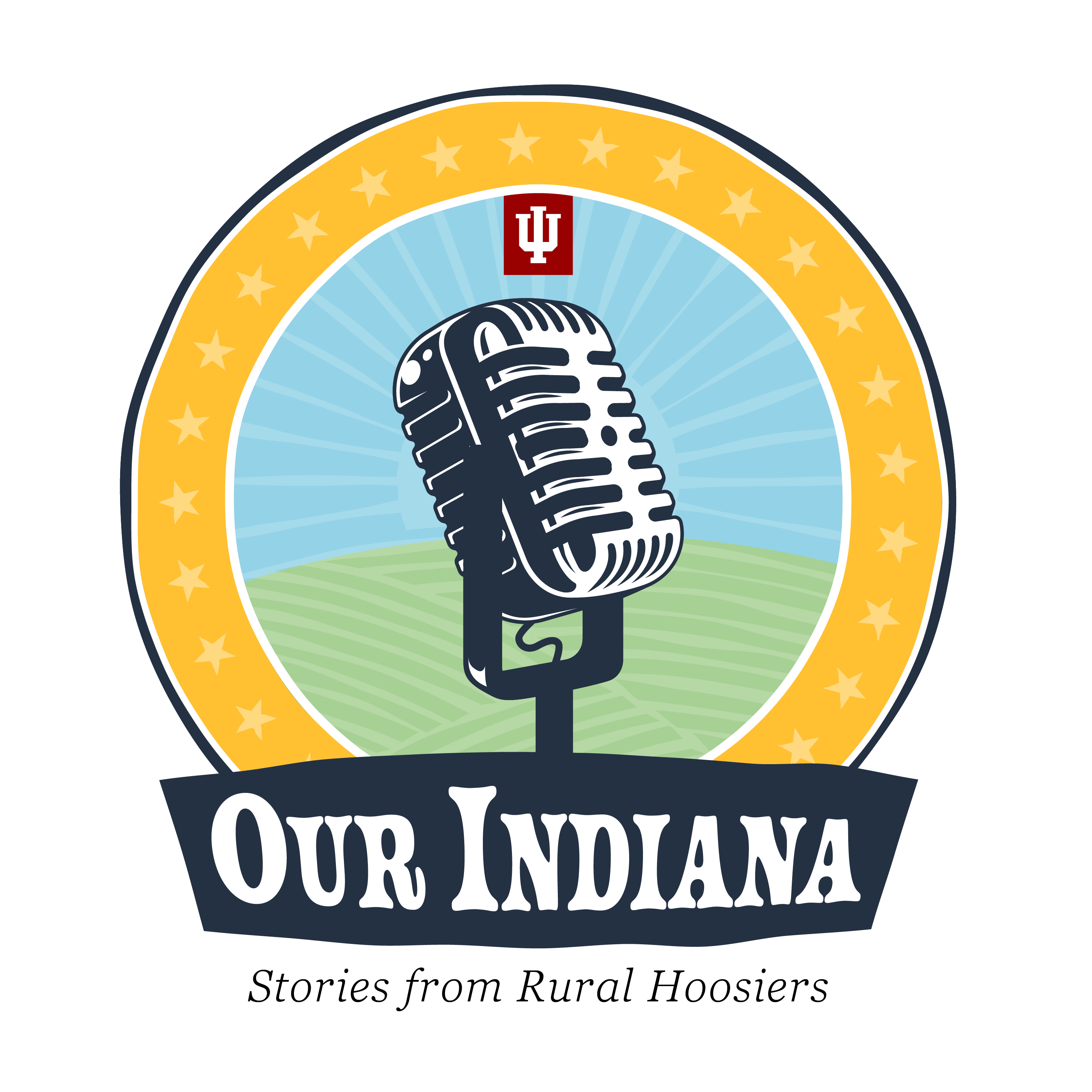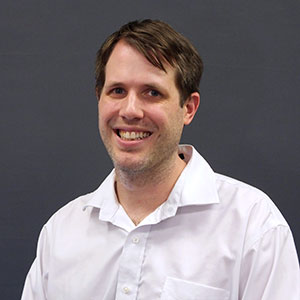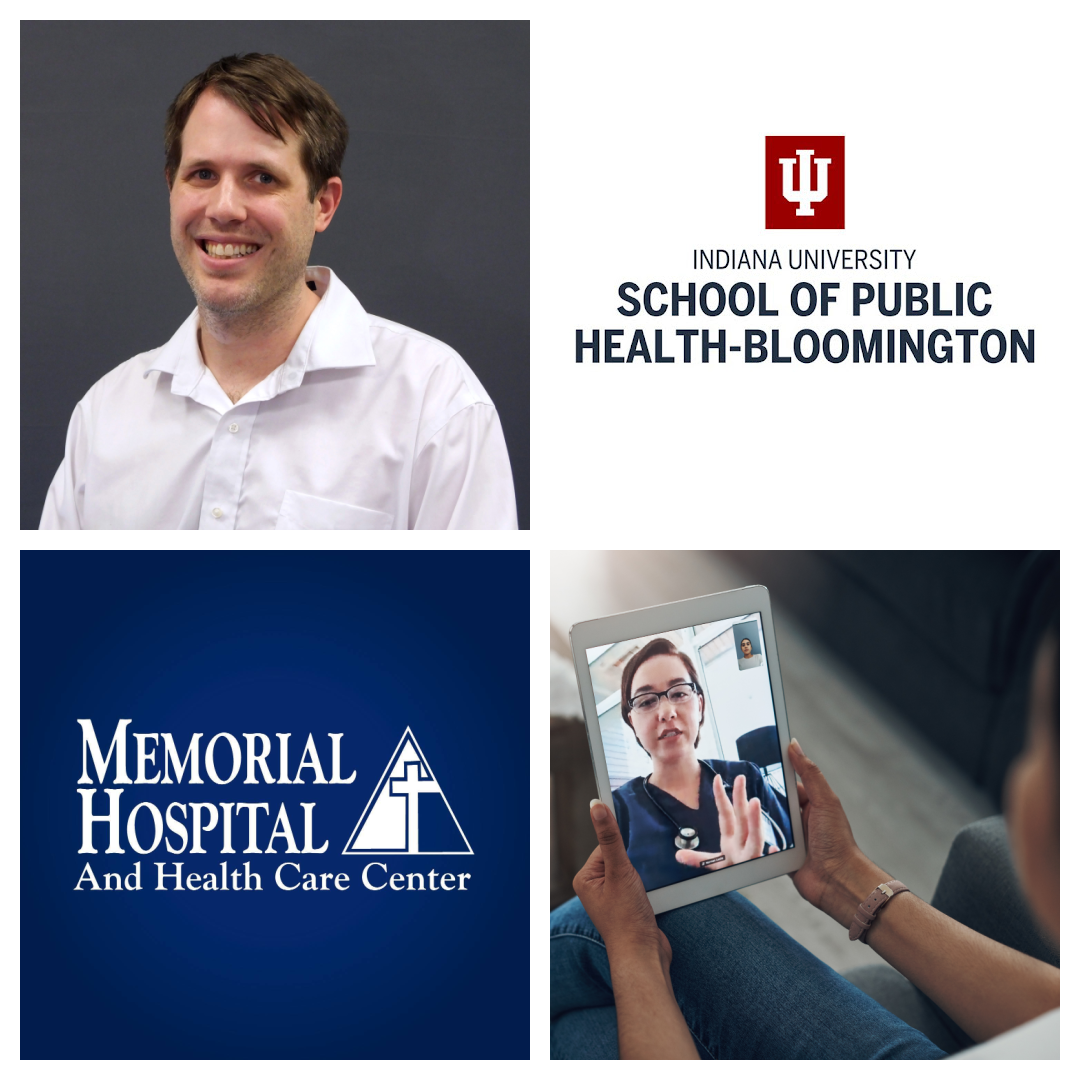Through federal funding and a key partnership with Memorial Hospital and Health Care Center (MHHCC), faculty in the Indiana University School of Public Health-Bloomington (SPH-B) Department of Applied Health Science are making mental health resources more readily available to a growing number of residents in rural southern Indiana.

Last fall, Associate Professor Jon Agley, Ph.D. and co–principal investigator Priscilla Barnes, Ph.D. were awarded a $1.75 million, five-year grant from the Health Resources & Services Administration (HRSA) to expand the Faith Net telepsychiatry network to more rural Indiana counties, and for a wider range of patient needs. Agley, Project Manager Amy Todd, and Director of Behavioral Health Services and Social Work at MHHCC Jodi Routson discuss how Faith Net offers timely, convenient mental health care while keeping the local connection in the most recent episode of IU Center for Rural Engagement's "Our Indiana" podcast.

"A common misconception I often see and hear in rural communities is that mental health conditions can be controlled if a person is strong enough," says Todd, whose responsibilities include adjusting the program as needed based on fostered community connections, as well as making referrals as a Faith Community Nurse (FCN). "People don't seem to understand that the brain is an organ and that hormones affect mental health and well-being. We must do a lot of advocacy work ensuring people understand that 'it's not all in your head.'"
The program works as part of an integrated care model that supports primary healthcare providers who identify mental or behavioral health concerns with their patients, or whose patients raise their own concerns. Rather than making a referral for an appointment far in the future, Faith Net enables triage for the patient via telehealth—often right on the spot—thanks to support provided by MHHCC.

"The initial identification of the issues and the referral to the program occurs within the context of a primary care visit,” says Agley. “The goal of this most recent grant is to expand our purview and build the system up to address both serious and moderate concerns."
The project, which was originally established with a 2020 HRSA grant totaling $1.2 million, began at two primary care centers in Martin County and has since expanded to French Lick Family Medicine in Orange County, Indiana. The current plan is to add one county each year over the course of the grant.
"In the past, we had a licensed clinical social worker and psychiatric nurse practitioner who were doing diagnosis and, in the case of the nurse, medication management,” says Agley. “We are expanding that to a third role—a patient coordinator who deals with social determinants of health."
Agley says these patient coordinators can help connect to community resources that may address an underlying cause of short-term anxiety or depression – for instance, a parent having difficulty finding childcare. Faith Net also helps streamline the treatment process in various ways, including:
- Connecting patients to specialists in real time for a 30-minute session via tablet to troubleshoot health concerns that are often not part of the area of expertise for general practitioners.
- The convenience of telehealth ensures a patient can get the help they need when they need it – rather than waiting a month or more to see someone that may not even be in their own county.
- For certain preventive care services that cannot be billed to insurance, the HRSA grant helps ensure those in need still receive services.
"Patients aren’t talking to a stranger on the other side of the state—often, it is someone just down the road,” says Agley. “What is special about this project is that we at IU are able to serve the community, combining our own strengths with those of our community partners, and together improving the lives of people in rural south Indiana. It is very grassroots."
Routson adds, "Expanding mental health services within primary care offices through the Faith Net Program is a vital step forward in improving access to behavioral health care. By integrating these services where patients already feel comfortable and supported—alongside their trusted primary care providers—we are reducing barriers and ensuring more timely, personalized care. This approach strengthens the connection between mental and physical health, while supporting the well-being of individuals within the very communities where they live and work."
For more stories on SPH-B students, faculty, and staff making a difference locally and worldwide, visit go.iu.edu/48bx.


